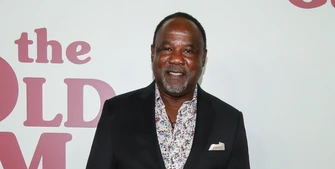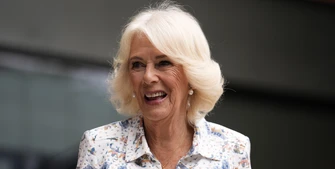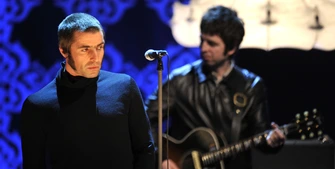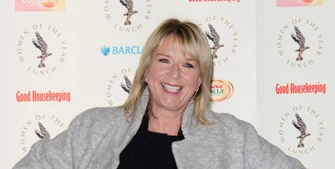Sir Ridley Scott says health is 'far more important' than winning an Oscar
Sir Ridley Scott is adamant he's not concerned about failing to win an Oscar after more than 30 years in the movie industry - and insists his health is 'far more important' than an Academy Award

Sir Ridley Scott fears it's too "late" for him to win an Oscar and he's decided his health is "far more important".
The 85-year-old 'Blade Runner' director has yet to take home a coveted Academy Award despite spending more than 30 years in the movie industry, but he's adamant there are more important things in life to worry about than whether he's going to win a trophy for his work.
He told the Sunday Times newspaper: "We'll it's a bit late for me [to win an Oscar]. I care more about being well enough to cope with what I'm doing, so my health is far more important than a f****** gong."
The director then added: "I did get a knighthood though."
When asked if he worries about his own mortality as he reaches his mid-80s, Scott replied: "No, I don't think about it. I get up in the morning and say: 'Ah great! Another day of stress'."
Scott is heading back to cinemas this month with the release of his new historical epic 'Napoleon' which stars his 'Gladiator' actor Joaquin Phoenix as the French military commander.
The film has already prompted criticism from some historians over its portrayal of events, with Scott even publicly hitting back at TV expert Dan Snow after he posted a video on TikTok breaking down the film's inaccuracies after watching the trailer.
Snow explained: "I love historical epics. I love Ridley Scott. But if you’re watching this movie, it ain’t a documentary ," and the director retorted: “Get a life."
Scott now says he has no time for nitpicking from experts.
He said of the film: "Like all history, it's been reported. Napoleon dies them, 10 years later, someone writes a book. Then someone takes that book and writes another book and so, 400 years later there's a lot of imagination [in history books]. When I have issues with historians, I ask: 'Excuse me, mate were you there? No? Well, shut the f*** up then'."















